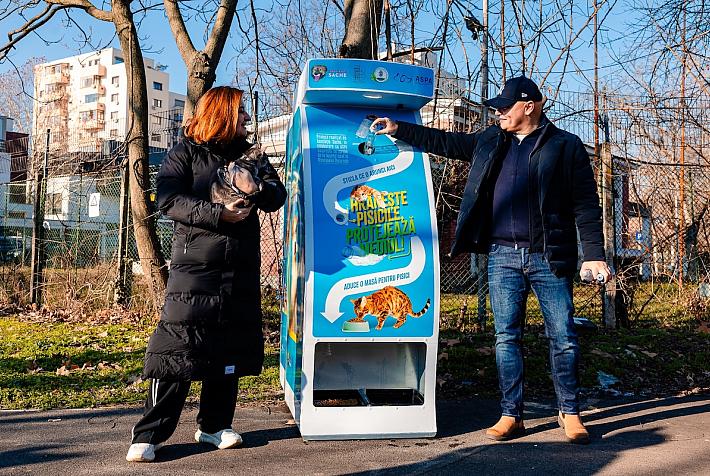Changes in welfare, shopping and lifestyle behaviors - The new persona (press release)

Most people experienced significant decreases in their income due to the pandemic. It has changed the way we live, shop, and even spend our leisure time. Unfortunately, there is no comparison of what we experience using any other event in modern history. Keep reading to find out more about how the pandemic impacted people’s welfare and shopping behaviors in different countries around the world!
Cost-Conscious Spending
The new shopping behaviors changed starting with the basics. One of the websites with discounts and promo codes, Promocodius, registered a significant change in the demand for their discounts, which increased by 13% compared to the previous year. Their experts also concluded that fewer people opted for in-person shopping experiences, so Promocodius’ promo codes were used for online purchases. Virtual shopping revenues increased by 6% compared to 2019.
Buy Now, Pay Later
Credit Karma states that almost 40% of the U.S. consumers using “buy now, pay later” purchasing options missed at least two payments. For 72% of people, this resulted in a drop in their credit scores. Reuters conducted a similar study in the U.K., showing that about 40% of all respondents used “buy now, pay later” services.
Unfortunately, this type of behavior has started to concern numerous authorities around the world. When so many people miss their payments, it is customary to ask whether such convenient services nurture impulse-buying, especially for people with budgeting issues. This aspect is crucial as a low credit score means that customers have problems securing loans, including mortgage, getting access to credit cards, or even finding accommodation since most landlords conduct credit checks before renting their properties.
The Era of Frugality
Nearly 26 million Americans were forced out of employment, while almost 60 million European jobs are at risk. The most prominent category hit by the pandemic is the youth. Even before the crisis, young adults earned up to 20% less than their predecessors three decades ago.
In this context, it is expected that the so-called new “era of frugality” will begin, especially as Gen Z is about to enter the world of employment with limited life chances due to the economic recession. Coupon-clipping may be outdated as more and more people shift towards digital discounts. However, many businesses expect coupons and deals to remain in high demand due to unemployment and economic concerns.
The post-pandemic shopping behaviors could be less focused on materiality as the youth begin to appreciate experiences more than physical products. The global society has reached peak consumption, and the new generation could turn into “investors.” In other words, they will expect some return on their purchases, such as educational, social, or financial happiness resulting from their spending.
While many consumers around the world were concerned with debt and frugality, the post-pandemic behaviors are only expected to become more value-oriented. For instance, certain discount supermarkets, such as Target, Aldi, or Walmart, may benefit from this situation.
The clothing sector is at risk more than others. Questions of profitability threaten the fast-aging shopping trends. For example, Tommy Hilfiger and others consider keeping the current clothing lines to sell later without having to discount them. This may lead to seasonless clothing lines in the future that will be happily embraced by shoppers who prefer clothes suitable for leisure and work. Combining clothing trends can save money as they do not need to spend money on different trends.
The current pandemic cannot be compared to any other event in our modern history. In other words, the data we have not is hardly relevant and can not be used to make accurate predictions. In terms of welfare and shopping, customers and the current generations are likely to maintain the frugal mentality. The massive job losses incurred during the pandemic have yet to show their impact on the global economy, while the youth is considerably earning less. This may require worldwide businesses to update their customer persona and approach their business strategy differently.
This is a Press Release. Here you can order press releases on this site.












